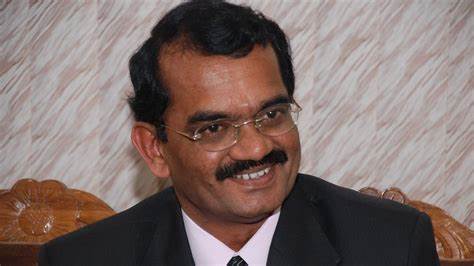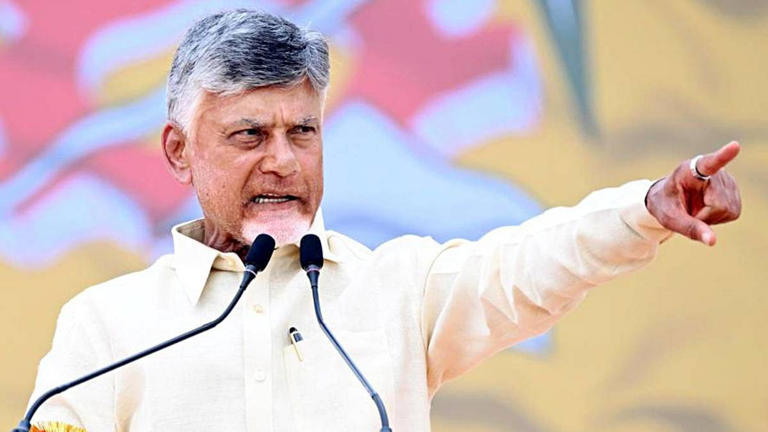Mylswamy Annadurai calls the mission “smooth and successful”, anticipates safe docking at the ISS
The Axiom-4 (Ax-4) mission, a collaborative effort led by Axiom Space and launched aboard SpaceX’s Falcon 9 rocket, has received praise from across the globe. But in India, the excitement runs deeper. With Group Captain Shubhanshu Shukla aboard—marking the first Indian astronaut on the International Space Station (ISS)—this mission has stirred patriotic pride. One of India’s most prominent space experts, former ISRO scientist Mylswamy Annadurai, reflected this national sentiment by stating that “everything went as planned” and expressed hope for a safe docking at the ISS.
Speaking from Bengaluru, Karnataka, Annadurai, who played a pivotal role in India’s Chandrayaan and Mangalyaan missions, confirmed that the launch sequence was executed with technical precision. “As of now, everything is going on smoothly. Tomorrow’s safe docking at the International Space Station is the main thing expected now… Every Indian is happy,” he stated.
#WATCH | Bengaluru, Karnataka: On #axiom4mission to the International Space Station, Former ISRO scientist Mylswamy Annadurai says, "I think everything went as planned...As of now, everything is going on smoothly...Safe docking at the International Space Station tomorrow is the… pic.twitter.com/3yIeN8k0oL
— ANI (@ANI) June 25, 2025
The Ax-4 mission is being viewed as a critical moment in private spaceflight history, involving astronauts from various countries, including Italy, Turkey, Sweden, and India. While the mission is being conducted under NASA and Axiom’s leadership, the presence of an Indian Air Force officer—Group Captain Shukla—has added a powerful symbolic value for India’s growing space ambitions.
India’s Space Hopes Dock with the ISS
India has long dreamed of sending its citizens to space through its Gaganyaan mission, currently under development by ISRO. However, missions like Ax-4 serve as stepping stones. With international cooperation growing stronger in the space sector, Indian astronauts now have opportunities to train and fly on foreign commercial platforms, learning critical skills ahead of India’s own crewed missions.
For Indian scientists like Annadurai, the Ax-4 mission is not just about technology—it’s about visibility, representation, and pride. The image of an Indian astronaut orbiting Earth aboard the ISS is a morale booster for ISRO and space enthusiasts nationwide. It also demonstrates India’s evolving global stature in space diplomacy and innovation.
Moreover, Annadurai’s support reinforces the scientific community’s optimism. As someone who helped shape India’s planetary exploration missions, his praise adds credibility to the belief that India is not just participating in global missions but contributing meaningfully.
As the mission approaches docking, all eyes remain fixed on the ISS. If successful, this mission could lay the groundwork for future Indo-international space collaborations and possibly pave the way for more Indians in orbit—not as passengers, but as critical players in shaping humanity’s future in space.





















